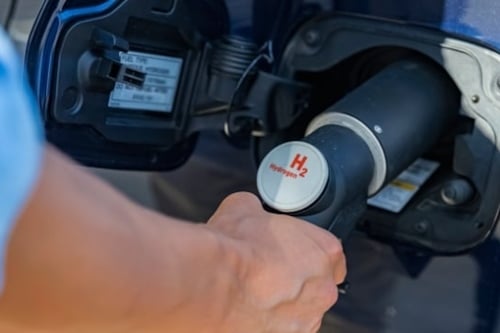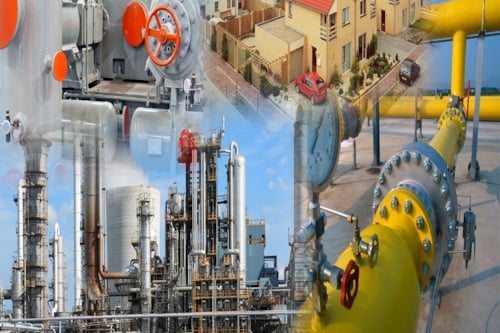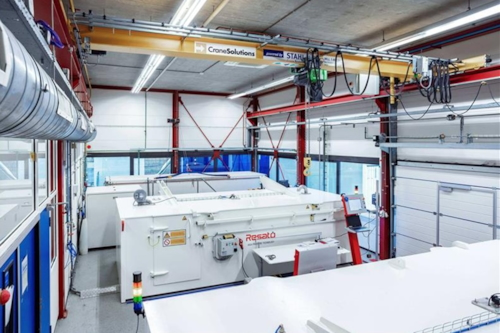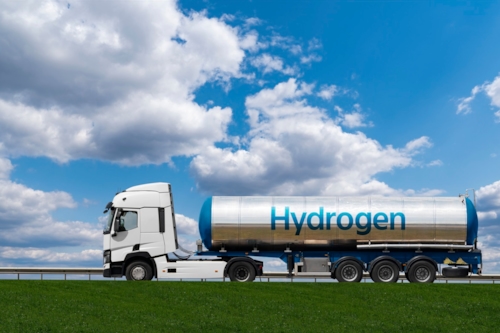Hydrogen Mobility and Refueling stations
Hydrogen produced from renewable energy sources can make an important contribution to reducing greenhouse gas emissions from transport. Kiwa has an extensive test laboratory for hydrogen vehicle components.


Kiwa has traditionally been an expert in the field of natural gas. We now apply this expertise innovatively to hydrogen. We do this with tailored advice, testing, certificationa and training. Together, we take concrete steps.
We see two clear trends when it comes to energy transport and distribution, both driven by the energy transition.
The first trend is the feasibility study of converting existing natural gas networks so they can be safely used for hydrogen transport.
The second trend is the construction of refueling stations to accommodate the expected growth of vehicles for large transport powered by green gas and hydrogen.
Hydrogen produced from renewable energy sources can make an important contribution to reducing greenhouse gas emissions from transport. Kiwa has an extensive test laboratory for hydrogen vehicle components.

One of the main fields of application for which hydrogen is being explored is the conversion of conventional gas distribution networks into hydrogen networks.

The energy infrastructure is becoming increasingly complex. In the past, all users were purchasers of electricity and gas or heat. Now a much greater variety of technologies is available such as heat pumps, home heat and power plants, solar-powered boilers and wind turbines.

✓ One-stop-shop: knowledge of all sustainable energy solutions under one roof
✓ Proven quality for testing, certification and training
✓ Independent advice and assessment
✓ Concrete innovation steps with a tailored approach
✓ Quick action with our clear vision on the energy transition
Our training programs can accelerate the energy transition! Curious about which training fits your situation? Our experts know exactly which training is right.

Our experts have deep knowledge and experience in specific fields. Questions, dilemmas or just curious?
This case study highlights the challenges, expertise and detailed process involved in testing liquid hydrogen (LH2, chemically H₂) systems, based on the experience of Kiwa as an independent testing laboratory. To understand what this work entails, this case study takes you through the landscape in which LH₂ technology is developing, the capabilities of Kiwa and the step-by-step testing process that customers can rely on.

The use of hydrogen as a sustainable energy carrier is growing rapidly, particularly in mobility and storage applications. For manufacturers of hydrogen tanks and components, this means an increasing need to comply with complex and diverse standards, ranging from automotive regulations to international transport legislation. Kiwa supports this development with a complete package of testing and certification services.

Hydrogen is playing an increasingly important role as a sustainable energy carrier, both for vehicles and for stationary applications and transport storage. The storage tank is a crucial component: without a safe, reliable and leak-tight cylinder, the safe use of hydrogen is simply not possible. What does it take to test hydrogen tanks and components? And how do we ensure that only products of proven quality and safety reach the market?

Hydrogen technology innovations face delays due to complex regulations. Discover Kiwa's compliance by design approach to accelerate your projects.
